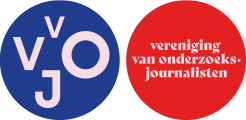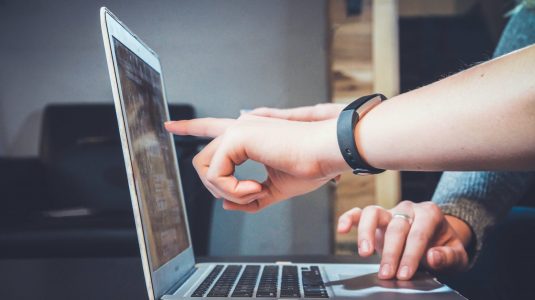 Antwerpen is de stad waar het in november 2012 allemaal gebeurt: de jubilieumconferentie van de tienjarige VVOJ, die bovendien ook nog eens een Europese conferentie wordt. Met veel aandacht voor grensoverschrijdende journalistiek, europese thema’s, datajournaistiek en datavisualisatie. Noteer alvast in de agenda: 16 en 17 november 2012 op de Plantijn Hogeschool aan de Meistraat in Antwerpen. Hieronder het voorlopige programma van de conferentie. Let op: vanwege het internationale karakter van de conferentie verschijnt de meeste informatie op deze website uitsluitend in het Engels.
Antwerpen is de stad waar het in november 2012 allemaal gebeurt: de jubilieumconferentie van de tienjarige VVOJ, die bovendien ook nog eens een Europese conferentie wordt. Met veel aandacht voor grensoverschrijdende journalistiek, europese thema’s, datajournaistiek en datavisualisatie. Noteer alvast in de agenda: 16 en 17 november 2012 op de Plantijn Hogeschool aan de Meistraat in Antwerpen. Hieronder het voorlopige programma van de conferentie. Let op: vanwege het internationale karakter van de conferentie verschijnt de meeste informatie op deze website uitsluitend in het Engels.
English
In 2012, the Flemish-Dutch Association for Investigative Journalists VVOJ is celebrating its tenth anniversary. To mark this special anniversary, the VVOJ’s annual conference, due to take place at the Plantijn College in Antwerp, will bear an international character. Below the tentative conference program.
Location: Plantijn Hogeschool, Lange Nieuwstraat 101 (Friday morning), and Meistraat 5 (Friday afternoon and Saturday), Antwerp
Date: November 16-17, 2012
You can find the list of lecturers here.
This is a preliminary schedule, changes can and will be made until the start of the conference.
All workshops, trainings and lectures are in English unless otherwise specified
Thursday, November 15. Meistraat 5, rooms 2.33 and 2.35
10:00-17:00 hours
Data Visualisation Bootcamp. Extra, not part of regular conference program. Participation requires separate registration and registration fee. With: Jennifer LaFleur (Pro Publica) and David Donald (Center for Public Integrity).
Both BEGINNER and ADVANCED level training are FULL. Beginners can join the double Excel training session Saturday morning to get a head start, advanced reporters will find plenty throughout the conference program to keep them inspired.
Friday, November 16. Lange Nieuwstraat 101, Auditorium P.P. Rubens
09:00 hours: Registration desk opens
10:00 hours: Conference opening. with a special network session
10:30 hours: VVOJ Director Margo Smit takes participants to Auditorium P.P. Rubens
10:45 hours: sneak preview Medialab. Launch of VVOJ Medialab for Reporters and Handboek Datajournalistiek. Come see the new VVOJ website for all reporters who like to ‘do’ data but sometimes need a hand, and get the book for all of those who want to get started but don’t know how. With Henk van Ess, Arno Kersten, Rachel Levy, Hille van der Kaa and Dorien Vrieling.
11:15 hours: coffee break
11:35 hours: Seymour Hersh (The New Yorker, USA) speaks on tried and trusted investigative methods and his upcoming book.
12:15 hours: Presentation VVOJ Year Book 2012
* * *
12:30 hours: Lunch, Plantijn Hogeschool, location Meistraat 5
* * *
Time slot 14:00-15:15 hours.
Workshops
* Research in the region – How to get quality investigations going at a mid-size newspaper? Hugo Logtenberg and Bas Soetenhorst (Parool) show the fruits of determination. Moderator: Eva Schram (DUTCH)
* Get creative part 1 – Never thought you could learn how to be creative in journalism? Yes, you can!!! Get your creative juices flowing, A special double session with Karel van den Berg (De Mediapraktijk) (EN).
* Cross Border track: Latvian brides, British isles, Asian grooms. How journalists unravelled a marriage scheme to secure visas, and helped change the law. With Aleksandra Jolkina (Latvia) and Jamie Smyth (Ireland). Moderator: Miro Lucassen.
* Expert track: Journalists and experts answer questions from the audience on a particular topic. Session 1: Ageing, health and pensions: an explosive mix. With Paul Schnabel (SCP) and Brieuc Van Damme (adviseur minister Volksgezondheid en Sociale Zaken Vlaanderen. Moderator: Marleen Teugels (DUTCH)
Computer training
* Working with data PART 1: Finding what’s available (international databases). With Nils Mulvad and Brant Houston.
In this track, systematically learn the process of doing data journalism. From finding what’s out there, getting what is not, scraping and cleaning, and visualisation and publishing. (NOTE: taking part 2, 3, 4 NOT required). (EN)
* Working with data PART 1: Finding what’s available (Dutch / Flemish databases). With Arlen Poort (NRC Handelsblad) en Maarten Lambrechts (MO*). In this track, systematically learn the process of doing data journalism. (NOTE: additional sessions in ENGLISH in Room 2.39. You can take these sessions separately!) (DUTCH).
* Searching the Internet – Ewoud Sanders shares the latest tips and tricks. ( DUTCH)
* Journalist Sandbox introduction: Stefan Candea and Sebastian Mondial will introduce J-lab taking place on Saturday: Reinvent investigative journalism: you’ll get short presentations, enlightning talks, sandbox sessions, a collaborative hack-space and a power research room. Bring your raw diamonds: we swap data and knowledge and organize a speed information barter exchange. (EN)
Time slot 15:45-17:00 hours
Workshops
* How to read annual reports – find ready made news in the small print. Bring your annual reports, and your questions. Moderator: Paul van der Cingel (Windesheim), (DUTCH).
* Get creative part 2 – Never thought you could learn how to be creative in journalism? Yes, you can!!! Get your creative juices flowing, A special double session with Karel van den Berg (De Mediapraktijk) (EN). (Note: part 1 required for this session)
* Cross Border track: Buy your way into EU citizenship. Romanian Adrian Mogos and Moldovan Vitalie Calugareanu investigated the grey zone of citizenship applications and uncovered dodgy dealers, fake applicants and a trail of genuine working documents. Moderator: Charlotte Govaert.
* Expert track: Journalists and experts answer questions from the audience on a particular topic. Session 2: Historic research, with Ad van Liempt and Paul Huybrechts. Moderator: Kristof Clerix. (DUTCH)
Computer training
* Working with data PART 2: Getting what’s not available yet. David Donald shares strategies useful to any journalist. Part 2 of the track in which to systematically learn the process of doing data journalism. (NOTE: taking part 1, 3, 4 NOT required). (EN)
* Social Media as an investigative tool – Michael Opgenhaffen used the old media (a book) to the latest journalistic tools. He will show the tricks of reporting with social media from Twitter to way beyond. ( DUTCH)
* Searching the Internet – Marcus Lindemann shows advanced internet tricks for all. (EN)
* Freedom of Information Requests in Europe. Lawyer Onno Brouwer and Member of European Parliament Sophie In ‘t Veld (Liberals) on the limits of FOI requests in Europe. Not just talk, but a hands on session too! Moderator: Gert-Jan Dennekamp. (EN)
17:30-18:45 hours: Reception at Antwerp City Hall
19:00-23:00 hours: Celebration Dinner (De Loep Awards Gala) at Stuurbord. Presentation: Sacha de Boer (NOS Nieuws)
23:30 hours: Closing time.
Busses will go from Plantijn Hogeschool to City Hall to Stuurboord between 17.15 and 17.30.
Busses will go from Stuurboord to city center from 23.15 to 23.30.
Saturday, November 17
Time slot 09:00-10:15 hours
Workshops
* Charity: (not) good for you? When dealing with NGOs and charities, not all is what it seems to be. Paul van der Sneppen and Thierry Debels show the loopholes of the ‘do good industry’. Moderator: Janneke Donkerlo. (DUTCH)
* Story Based Inquiry part 1: How to find and pitch your story. Mark Hunter shows the methodology behind investigative projects .How to choose a subject and define your investigation as a story, using hypotheses. Figure out what to look for, how to look and how to sell it to your boss and the public. (EN). (NOTE: Part 1, 2 and 3 can be followd separately)
* Cross Border track: Of cord blood and shady banking. Mothers throughout the EU are encouraged to privately bank the cord blood of their newborn babies. But private cord blood banks are not free from criticism. Tom Cochez (Belgium) and Clea Caulcutt (UK) followed the trail in Belgium and France. Moderator: Charlotte Govaert.
* Expert track: Journalists and experts answer questions from the audience on a particular topic. Session 3: Investigating science, nonsense or no nonsense? With Piet Borst and Steven Stroeykens. Moderator: Martin Enserink (DUTCH).
* Round table: working cross border. Meet colleagues to work on cross border topics.
* Expert track: Journalists and experts answer questions from the audience on a particular topic. Session 4: How to report on the economic crisis. With Piet Depuydt and Jaap Koelewijn. Moderator: Paul van der Cingel. (DUTCH)
Computer training
* Working with data PART 3: Scraping and cleaning: not boring or difficult. How to pose the perfect journalistic question to different data sets. With Henk van Ess and Hille van der Kaa. Part 3 of the track in which to systematically learn the process of doing data journalism. (NOTE: taking part 1, 2, 4 NOT required). (EN)
* Data Journalism basics BOOT CAMP, part 1 – get thoroughly acquainted with Excel, in two consecutive sessions (EN). Trainer: Steven Doig.
* Build your own interactive visualization – step by step and hands-on tutorial in how to build visualizations and apps. Using existing datasets, you leave knowing how to get truely interactive. With Bart de Goede and Justin van Wees. (DUTCH)
Time slot 10:45-12:00 hours
Workshops
* Story based Inquiry, part 2: The hidden scenario. Map the plot of a story, design a source map (with characters, actions and conflicts) and turn it into a comprehensive Masterfile: an electronic document in which you collect the results of your investigation, starting with a hypothesis and ending with source material. Luuk Sengers shows it all. (EN) (NOTE: Part 1, 2 and 3 can be followd separately)
* The art of the interview: The confrontation. Sooner or later in your research, you will have to face the confrontational interview. Design a strategy and get all the facts you need. With Ton van Dijk. (DUTCH)
* Cross Border track: Arms trade in the Balkans, with Blaz Zgaga (Slovenia). How 6000 pages of wobbed-out documents became a best-selling trilogy that rocks the region. And all you need to know to check involvement into arms trade in a still volatile part of the EU. Moderator: Kristof Clerix. (EN)
* Round table: education in investigative journalism. Journalism teachers meet and discuss cooperation between journalism schools, and with the workfield. With Hille van der Kaa, Nico Drok, Yaël de Haan, Fleur Besters and Gerard Smit. Join in and show inspiring examples of important reporting done by J-schools and students. (DUTCH)
Computer training
* Working with data PART 4. Visualising and publishing data, techniques everybody wants to know. Geoff McGhee (Stanford University) shows the art of visualisation. Part 4 of the track in which to systematically learn the process of doing data journalism. (NOTE: taking part 1, 2 3 NOT required.) (EN).
* Data Journalism basics BOOT CAMP, part 2 – get thoroughly acquainted with Excel, in two consecutive sessions. Trainer: Steven Doig. NOTE: Session 1 required, (EN).
* Protect yourself (and your work)! – A practical training in surveillance, data security & communication security by Albrecht Ude (Germany), combined wit a guide on disguising yourself on the web by Boris Kartheuser (Germany/Belgium). (EN)
* Demo track: how to work with EU Farm subsidy data. Nils Mulvad will show you where and how to find the best stories. Bring a USB stick and go home with data and story ideas. (EN)
* * *
13:00-14:00 hours: Lunch at Agora Square. During lunch, between 13.00-14.00: Algemene Ledenvergadering VVOJ in room 1.23.
* * *
Time slot: 14:00-15:15
Workshops:
* How to read annual reports – find ready made news in the small print. Paul van der Cingel (Windesheim) shows you how, so bring your annual reports, and your question. (DUTCH).
* Story based inquiry, part 3: Writing the story. How to compose a story that hits hard and fast, and builds to a powerful end? Continuous composition and referencing, an approach that saves time and anguish. Mark Lee Hunter and Luuk Sengers show the method, useful for any journalist, for aren’t we all storytellers? (NOTE: part 1, 2 and 3 can be taken separately. (EN)
* Cross Border: The Method – Working across borders in teams of journalists is an excellent method to overcome language and other reserach obstacles. But how to get there? Brigitte Alfter shows how and launches a new website to help you find stories and colleagues. (EN)
* Expert track: Journalists and experts answer questions from the audience on a particular topic. Session 5: Environment and climate change. With Wim Soetaert and Jan Paul van Soest. Moderator: Jeroen Trommelen. (EN)
* VVOJ Jongeren, Discussion session. How to start investigating as a young reporter. Is it just for the exoerienced and grey? Or do young reporters hold the future, as the saying goes? With Ad van Liempt (chairman Loep jury), Stefan Vermeulen, Sander Heijne and Bas van Sluis. On the importance of encouragement. (DUTCH)
Computer training
* Searching and finding in archives – Eric Hennekam digs into his extensive book of tricks and tips and shows the latest, newest, hottest and best! (DUTCH / EN)
* Go data crazy with Jennifer LaFleur. (EN)
* Social Media as an investigative tool – Hille van der Kaa shows tips and tricks. (EN).
* Demo track: Document Cloud – learn one of the hottest tools in computer assisted journalism. David Donald shows it all. (EN)
EXTRA on Saturday
All day J-Lab: hackers meet journo’s in the sandbox, with Sebastian Mondial and Stefan Candea (EN).
Time slot 15:45-17:00 hours
* KEYNOTE Geoff McGhee (Stanford University, USA), visualizing the story. An entertaining closing session on the how’s and the why’s. What works, and what doesn’t? McGhee draws you in and shows it all. Room: Kockx Auditorium.
17:00 hours
Closing reception, Agora Square
